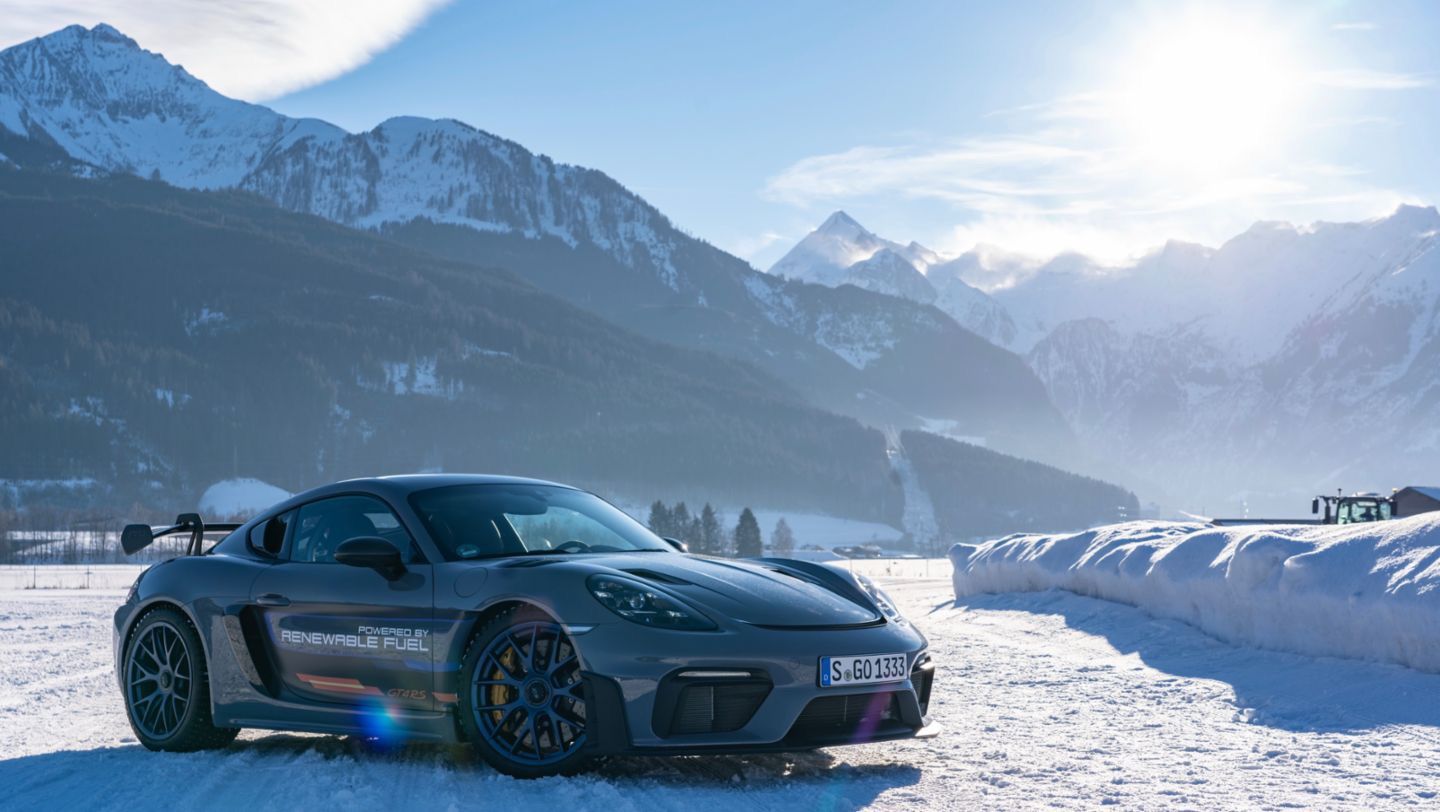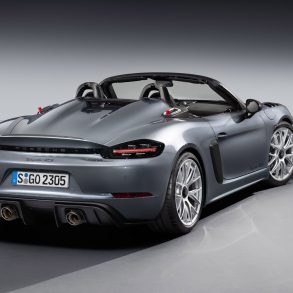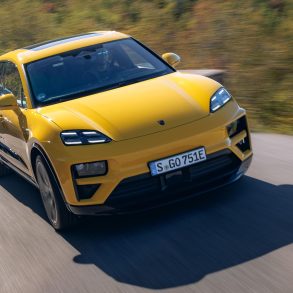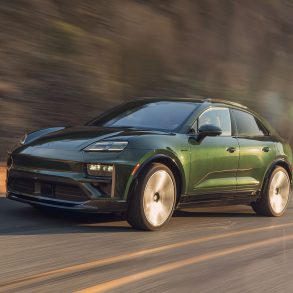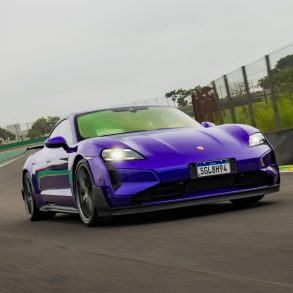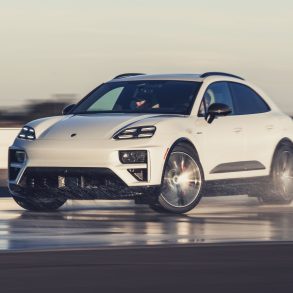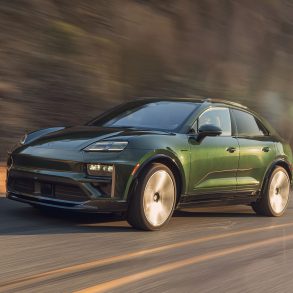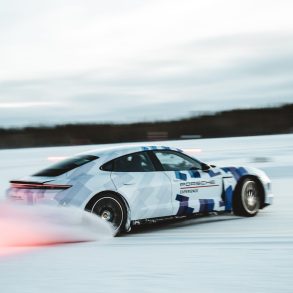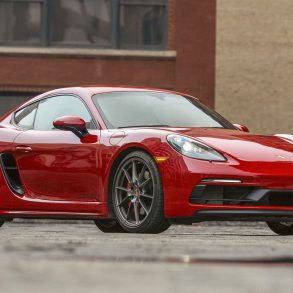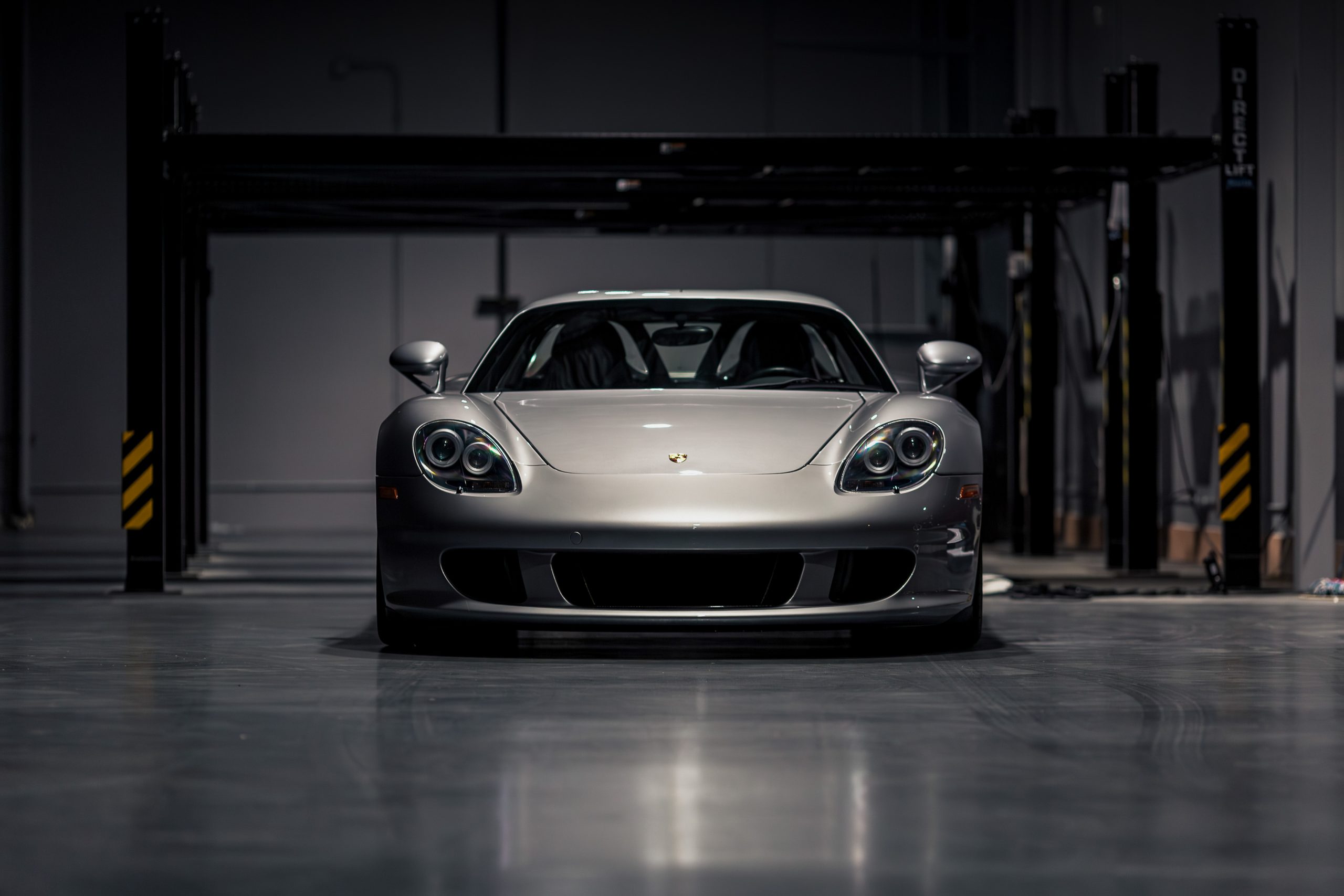Porsche, since its inception, has always been at the forefront of engineering and advancement. This might seem a bit counterintuitive to say, seeing as the last air-cooled 911 was the Type 993 that ended sales in 1998. Yet, just about 15 years earlier, they put out the absolutely revolutionary 959, a car so far in the future of motoring that it was not appreciated for what it was until it was no longer being produced.
Throughout the early 1990s as well, Porsche experimented with higher compression, sequential twin-turbocharging, altering spark plug timings, and many other technological tests to extract the most power from the petrol being used to fire the car. This pursuit of power and efficiency, in the most German of ways, has not stopped since, and the result is that the Type 992 911 Turbo S is, quite simply, the most powerful turbocharged 911 ever released from Stuttgart.
However, as much as the fuel exploding in the cylinders of a turbocharged flat-six and then being piped out of carefully shaped exhausts sounds glorious, the automotive world, as a whole, is changing. Many companies in the Volkswagen Group, among them Porsche and Audi, have become part of the unofficially named “Green Promise.”
This promise is to have all cars sold on the market by 2030 be either fully electric, use 100% sustainable fuel, or combine both technologies to reach a net-zero carbon target. This is where Porsche has doubled down on the future—and as you will see, there are some exciting (and very possibly revolutionary) engines and cars coming down the pipeline.
Why Zero Carbon Does Not Necessarily Mean All-Electric
There is a misconception among many of those who don’t share our enthusiasm about engines and cars that to be zero-carbon or carbon neutral (or any of the other terms for it) means that the car must be, without question, all-electric. It is very likely that this is because Porsche’s VW Group cousins, Audi, are pushing hard on renewable, sustainable electric power generation from wind, hydro, and solar. They also have a strong marketing campaign regarding their switch to making every Audi electric by 2030.
For Porsche, however, who already has a high-performance electric vehicle in the Taycan, going completely electric would rob their most iconic car, the 911, of some of its soul. Part of the whole experience of a 911 is the bark of the engine as you fire it up, settling down into that thrumming vibration that only boxer engines can give, teasing your spine in the seat, and tickling the muscles of your right foot as you slide the shift lever into gear. To take away that would be, well… almost unforgivable.
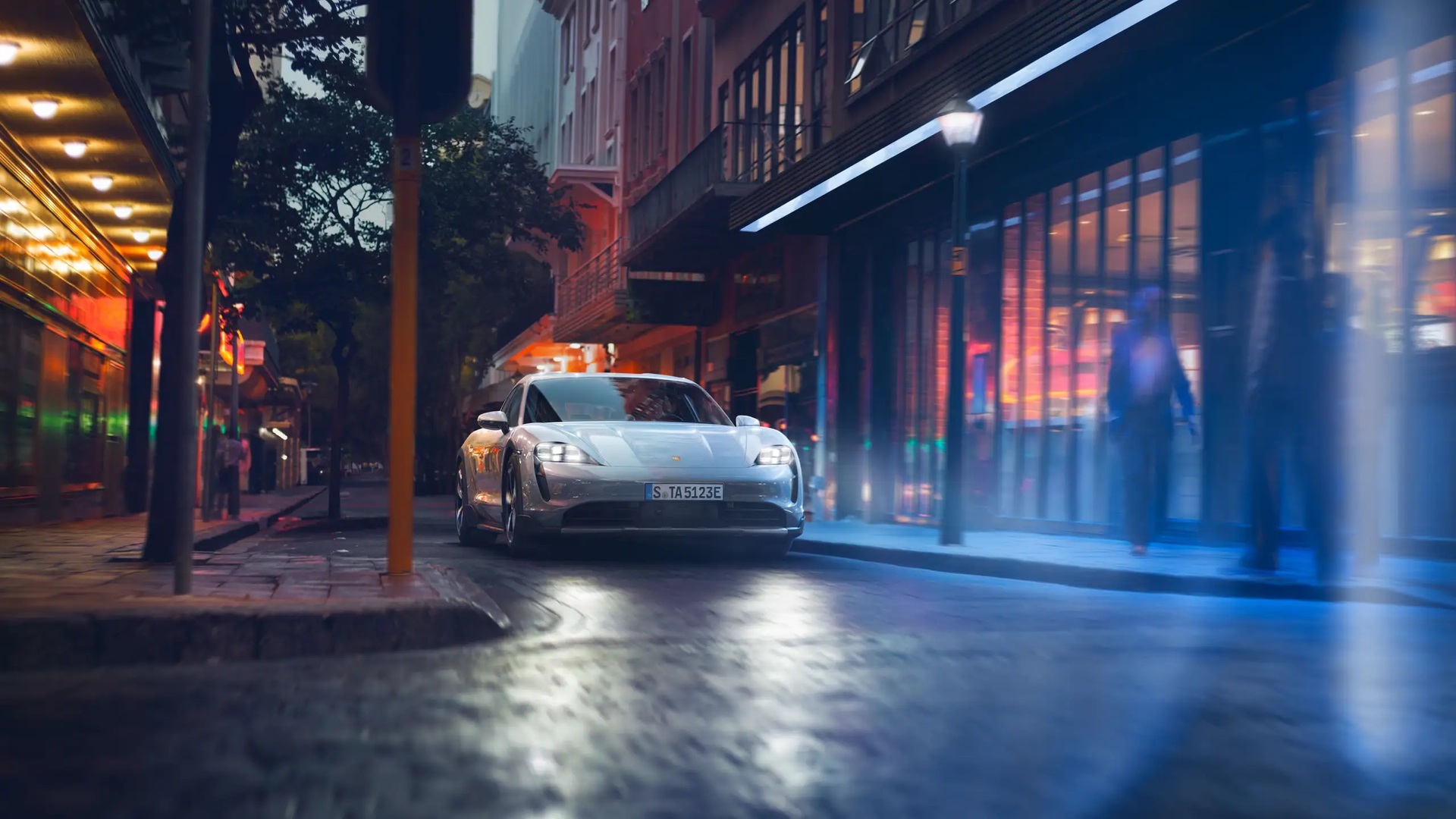
There are, however, sustainable options that Porsche is investing a hell of a lot of time, effort, and money into—chief among them being sustainable fuels. In fact, in early April of 2022, it was announced that with a $75 million USD investment into what they are labeling eFuel—which is also known as ethanol-hydrogen fuel, biofuel, or sustainable fuel—they are planning on offering vehicles that can use it as early as 2026.
Another “announcement” that has no official press release, yet was plastered all over the motorsport news world, was that the VW Group is in deep talks with the Federation Internationale de l’Automobile (more commonly known as the FIA), to have both Audi and Porsche join the top tier motorsport of Formula One.
One of the key factors behind this is that since 2010, the championship has moved from high-revving, extremely powerful, naturally aspirated V10s and V8s, to twin-turbocharged V6s with performance hybrid power units, to new regulations in 2022 that require each team’s fuel supplier to produce at least 10% of the fuel mixture in a sustainable fashion.
This is also because the next set of regulations, set to be implemented in 2026, will make the cars lighter and more streamlined, drop the Motor Generator Unit – Heat (MGU-H) capture portion of the hybrid power unit, and—most importantly—require all fuel used to be 100% sustainably produced.
It’s as if the FIA gift-wrapped the regulations with a bow on top for VW to put their two most eco-forward companies into the competition. While absolutely nothing is set in stone yet, there are already rumblings and rumors that the team pairings would be McLaren with Audi power units and Red Bull with Porsche power units.
However, F1 isn’t the only arena that has Stuttgart’s attention…
Projects That Porsche Is Actively Taking Part in for Sustainable Motorsport
It was recently announced in February of 2022 that the Porsche 718 Cayman GT4 RS Clubsport, which is a long way of saying their GT4 racing car, will be capable of running 100% sustainable fuel, regular racing fuel, or mixtures of both together. These cars take part in a support series for the International GT Championship, which is a mixed-class GT3 and GT2 top tier motorsport, just one rung below Formula One in the prestigious motorsports of the world.
GT4 championships are more often than not localized, so to support the main series, there is the European GT4 Championship, the North American GT4 Championship (supporting the Pirelli GT World Series), the Asian GT4 Championship, and the Oceanic GT4 Championship (supporting Australian and New Zealand GT).
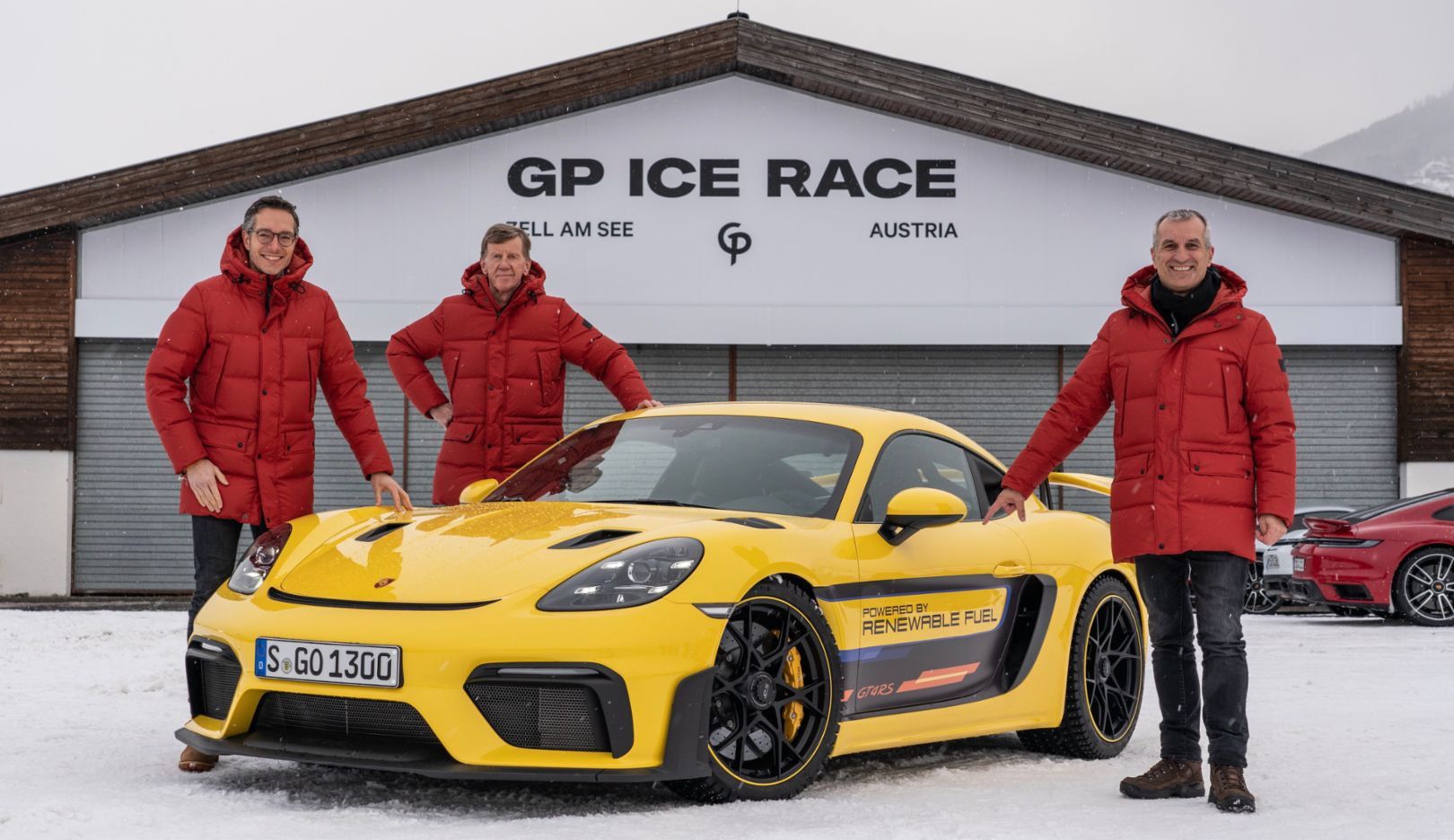
Porsche has also been very active in the past couple of years in the ABB Formula E series, which was granted World Championship status by the FIA in 2020. This means drivers in the series now have to qualify for an FIA Platinum License, and manufacturers have to show commitment to the ideals of the series by finding sustainable ways to recharge and service their electric cars.
For those who are wondering, an FIA Platinum License is the second-rarest one granted, falling only behind the FIA Super License, which is what Formula One drivers need to qualify for to race in that top tier series.
As well, in 2023, Formula E will begin using their Generation 3 cars, originally slated to be started this year. The extra development time was granted because of the global pandemic shutting down most of everything in 2020.
These Generation 3 cars will be the lightest, most powerful, fastest, and most advanced cars to race in the series, with sustainability a key component in their design. Porsche and Audi were both key consultants on the cars, with Audi providing knowledge of the latest technologies in power packs and Porsche providing the all-new regenerative braking units that will be placed in the front wheels—recuperating 40% or more of the energy used over the distance of a race.
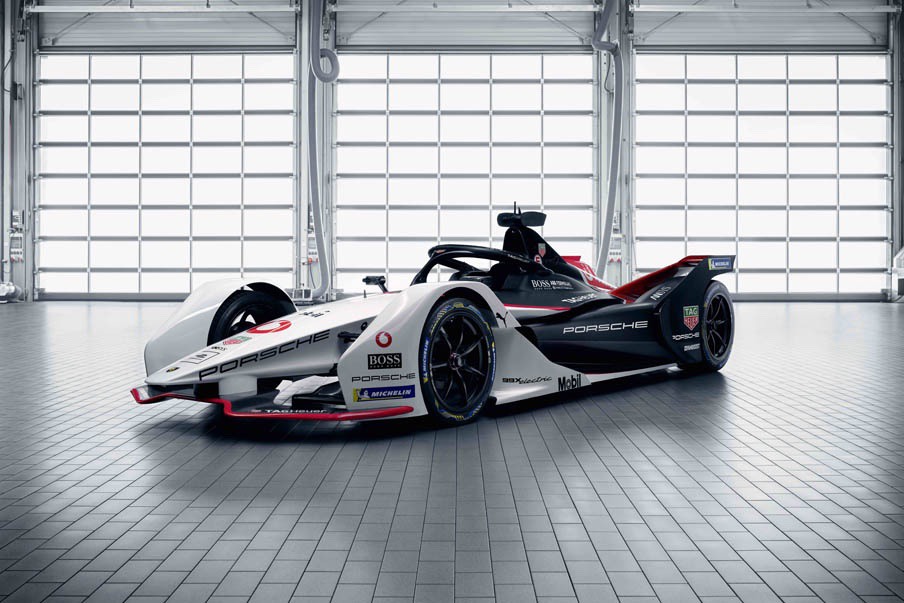
The car will be shown for the first time driving in anger around the Monaco Formula E course ahead of the championship’s stop there at the end of April 2022, and will be the main car of the series in 2023 and beyond.
The last series that also includes Porsche’s heavy-duty involvement is the FIA World Endurance Championship, which includes the legendary 24 Hours of Le Mans as one of its rounds. Anyone who has watched even one race since the turn of the century knows that GT-Endurance (GTE) and GT-LeMans (GTLM) classes have had Porsches in them every single year.
It’s also worth noting that the German marque and its drivers are legendary participants at the race, and now in the WEC. This is because many of their greatest cars, such as the 917K, the 962C, and most recently the 919 Hybrid have all raced—and won—at the French circuit.
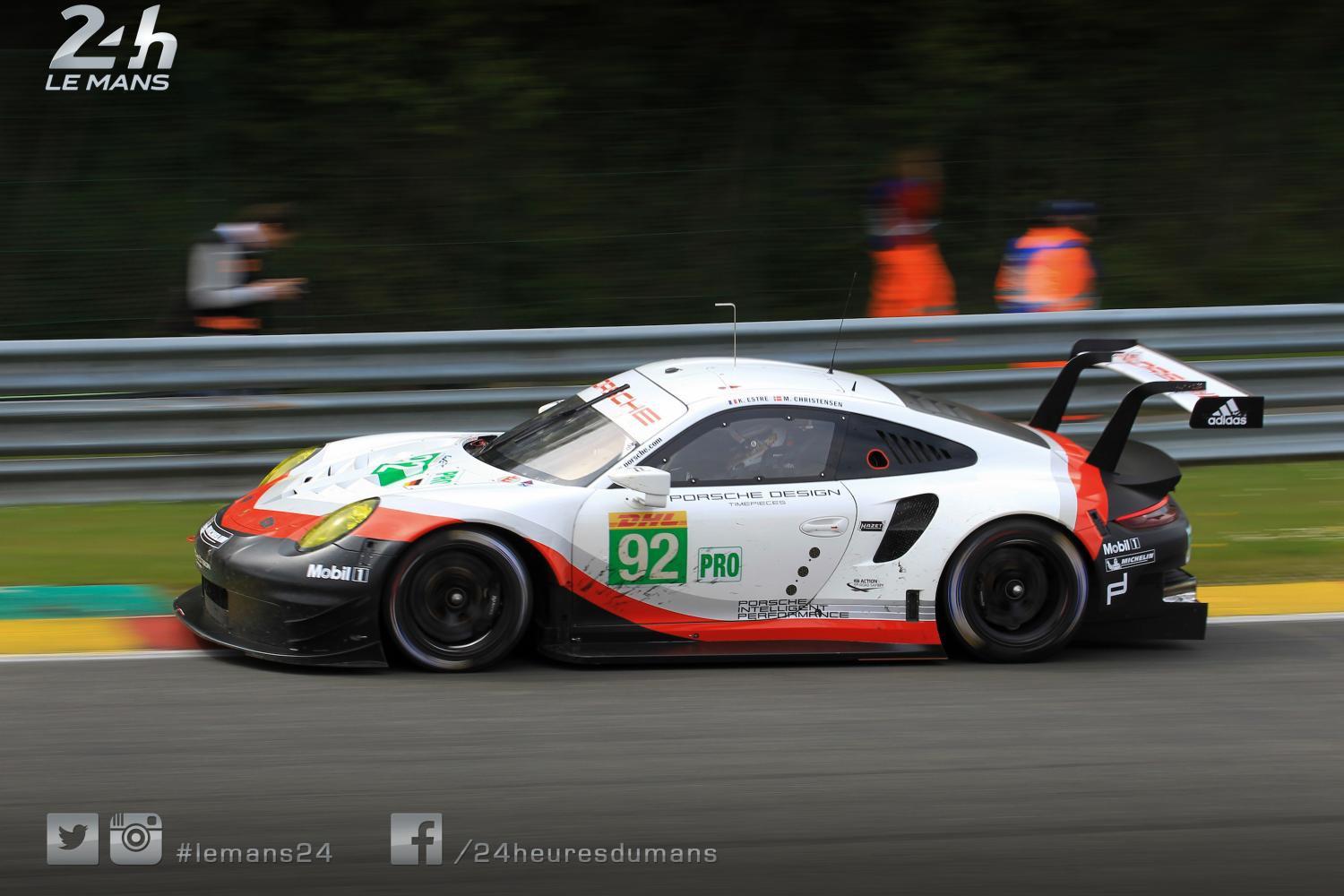
The WEC is changing with the times as well, and Porsche is keeping up. New regulations for the 2022 season introduced the LeMans-Hypercar (LMH) class to replace the aging (and extremely expensive) LeMans-Prototype 1 (LMP1) class.
One of the reasons that the class was introduced was so that smaller manufacturers or subsidiaries could participate in the top run of the endurance racing world without needing a budget of a couple hundred million a year. The Hypercar class also focuses heavily on sustainable power, with small engines accompanied by extremely efficient performance hybrid systems.
It is already known that this will trickle down through the field—first to the spec-class LMP2 field, and then down to GTE and GTLM classes. However, once again, Porsche is ready. The development of a GT hybrid, which will also share its powertrain with the next implementation of the 911 GT3 if rumors are to be believed, is already well underway.
Since the WEC is also under partial control of the FIA as one of the two main sanctioning bodies, the same 100% sustainable fuel regulation that is showing up in 2026 for Formula One is being applied to endurance racing around the same time.
Why Porsche Is Taking on All Three Angles
As much as it is weird to say, the reason that Porsche is not ready to wave goodbye to internal combustion engines quite yet is, as stated, the soul of their cars. Using the word “soul” and “car” in the same sentence is generally reserved for talking about the Italians, but the Germans from Stuttgart, although they are stoic and don’t often show it, are just as passionate about their cars as anyone. They know, as we said, there is just something about a 911 that needs to have that vibration, that little side-to-side kick to the car, to make it a proper 911.
However, there’s also the fact that sustainable fuel is already starting to make its way to the gas pump near you. If you stop at a Mobil or Shell station in the next little while, they will probably have a little sticker or even a stand-up card on top of the pump stating that the fuel you are pumping into your Porsche contains 2 to 3% bio-fuel or bio-ethanol.
That’s not much, but the fact that a couple of the big names are starting to realize the future is in sustainable fuel is a huge tell as to what we can expect from further Porsche designs.
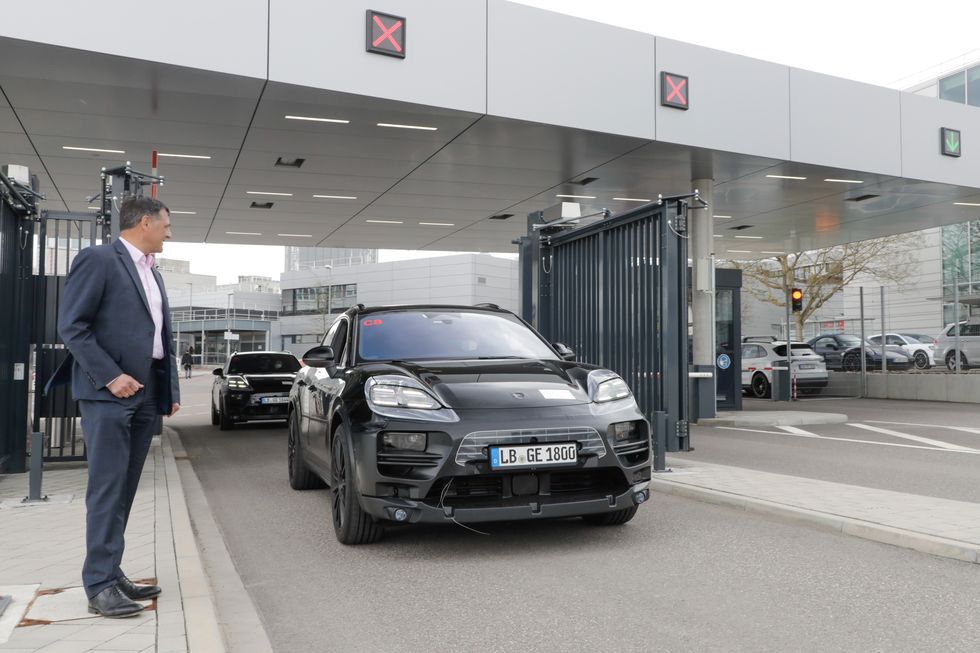
However, Porsche is not abandoning electric cars either. The Taycan is soon going to be joined by the Macan and the 718 series—being offered as fully-electric, hybrid, or plain old internal combustion engines. The Cayenne’s next generation is going to be either all-electric or hybrid, with no pure gas engine offered. Even the next generation 911 GT3 and GT3 RS, as stated above, will no longer be purely fired by just an engine, since the performance hybrid system developed for endurance racing will almost certainly be in those cars.
So why is Porsche taking on all three angles—engine, hybrid, and electric? Because they have realized (and have some pretty smart people that work for them backing it up), that while the 911’s switch from air-cooled to water-cooled engines in 1999 divided enthusiasts, taking away the heart and soul of a Porsche entirely would lose them all. And of course, the fact that they‘re one of the most forward-looking car manufacturers in the world also probably played a major part.


